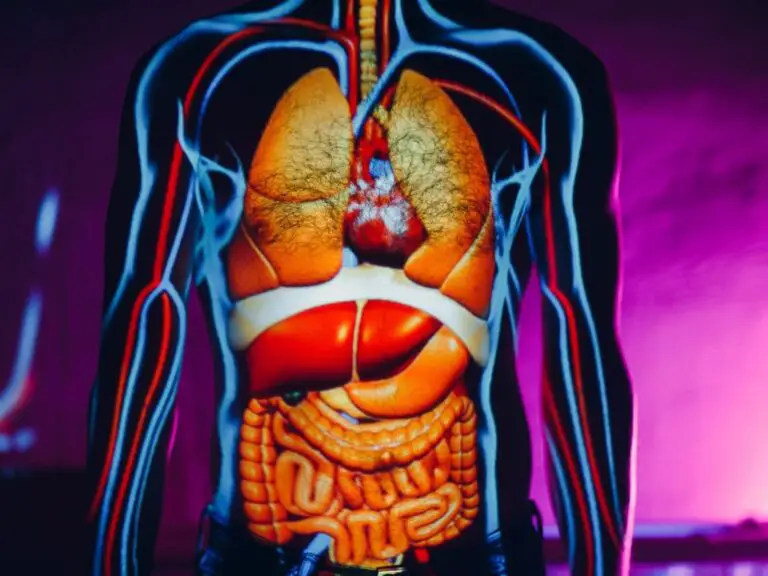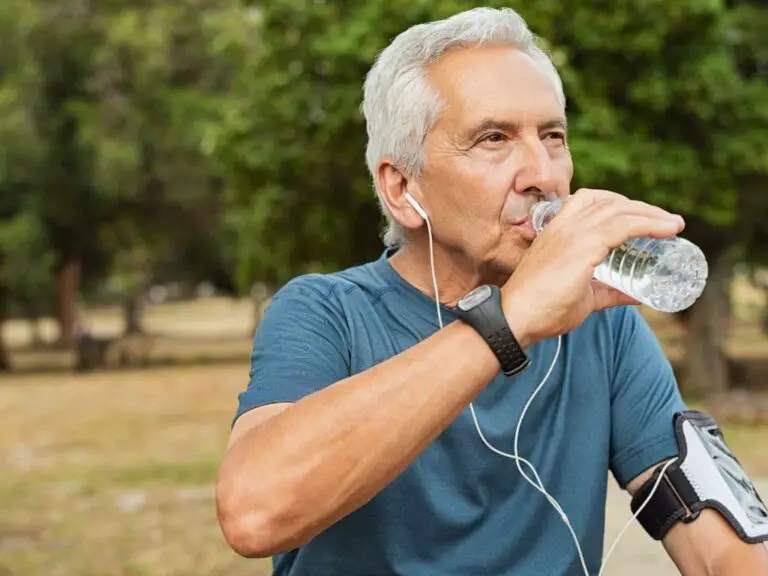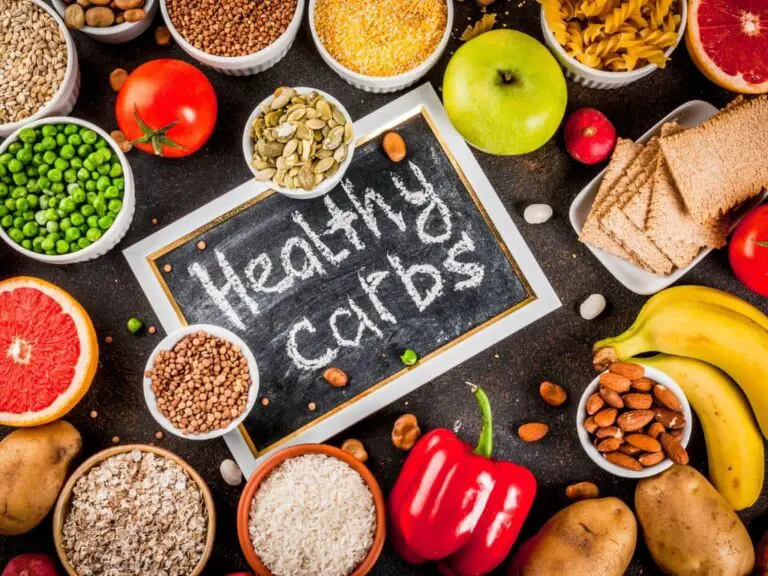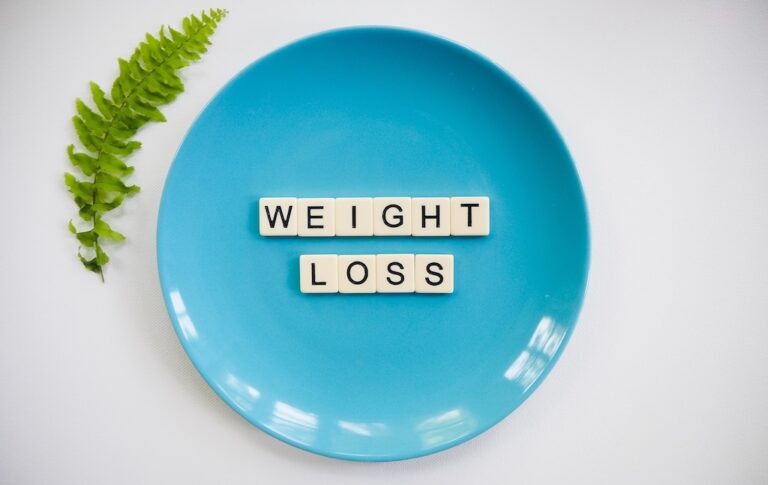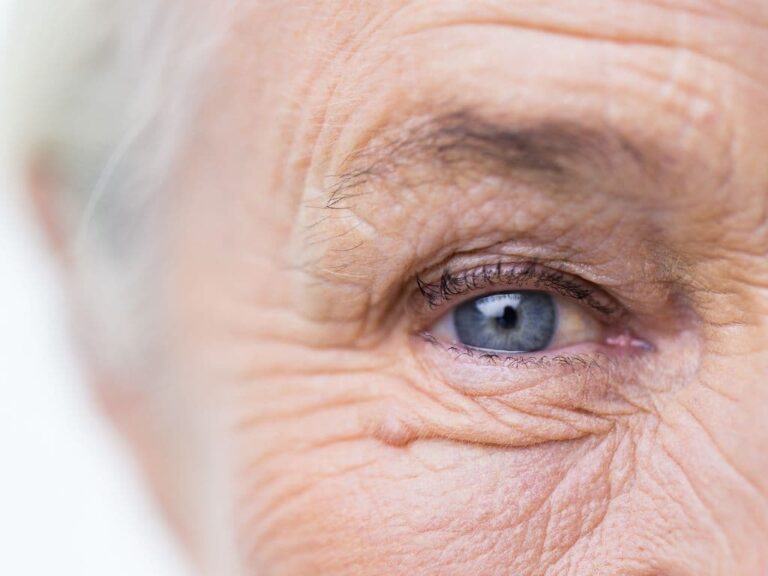Are Beans Good for Elderly?
A healthy and balanced diet is important at any age, but becomes especially critical as we get older. Good nutrition can help seniors maintain strength, mobility, and independence. It also reduces the risk of many age-related diseases.
Are beans good for the elderly? Yes, beans are excellent for the elderly due to their high nutritive value, contributing to overall health and longevity. They provide vital nutrients such as protein, fiber, iron, calcium, potassium, as well as various vitamins and antioxidants, aiding in heart health, cancer prevention, weight management, and blood sugar control among others.
Incorporating diverse varieties of beans into a senior’s diet can assist in maintaining strength, promoting digestive health, bolstering immune function, slowing cognitive decline, and managing weight, thus making beans a key component of nutrition for seniors.
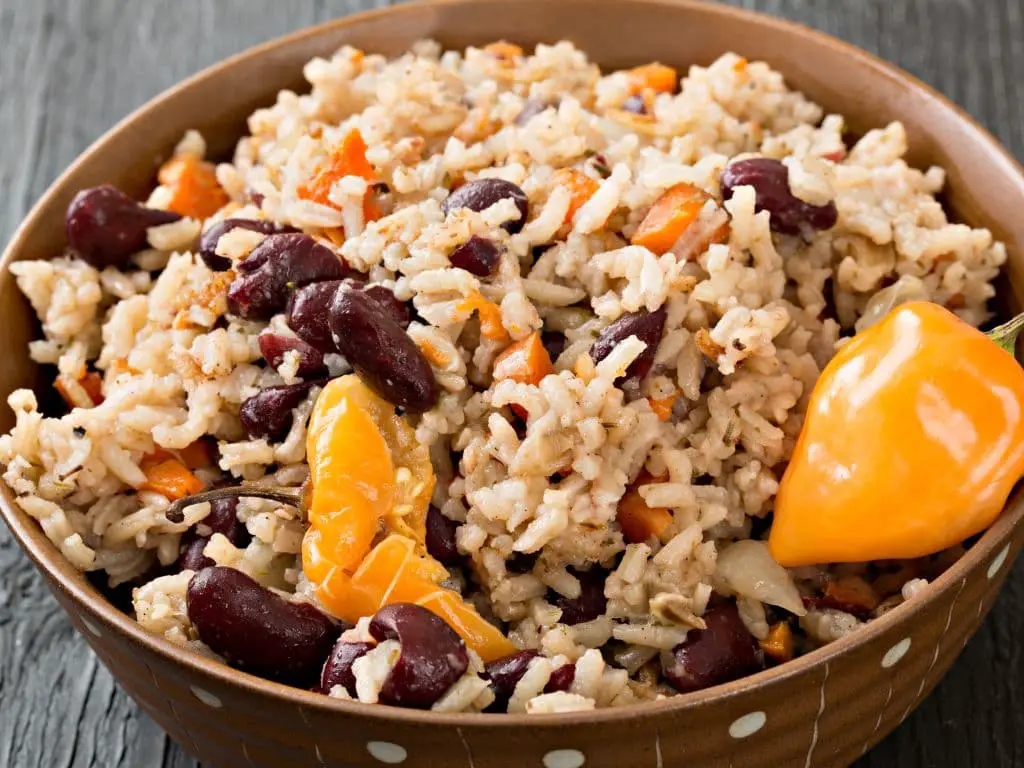
What Are the Benefits of Beans for Elderly People?
Beans offer many benefits that make them a smart choice for seniors:
Protein
Beans are a plant-based source of protein. Protein is essential for building and repairing muscles and tissues. Adequate protein intake combats loss of muscle mass due to aging.
Fiber
Beans are very high in soluble and insoluble fiber. Fiber promotes digestive health and prevents constipation, a common issue in the elderly. It also helps control blood sugar and cholesterol.
Iron
Iron carries oxygen throughout the body and supports a healthy immune system. Beans are a non-heme source of iron that is more easily absorbed than iron from meat.
Calcium
Calcium is required for bone health. Including beans helps seniors get adequate calcium to protect against osteoporosis and fractures.
Magnesium
Magnesium is involved in over 300 bodily processes. Many elderly people are deficient in magnesium, which beans can provide.
Potassium
Potassium supports heart health and muscle function. Beans are a good source to increase potassium intake.
Folate
Folate is a B vitamin that supports red blood cell production and prevents anemia. Beans are among the foods highest in folate.
Other Vitamins and Minerals
Beans also supply manganese, copper, phosphorus, zinc and many other vitamins and minerals vital to seniors.
Antioxidants
The wide range of antioxidants in beans counteract oxidative stress and inflammation responsible for many age-related diseases.
Heart Health
The fiber, potassium, magnesium and antioxidants in beans all support cardiovascular function. Beans reduce cholesterol and blood pressure.
Cancer Prevention
Beans contain compounds that may inhibit tumor growth and recurrence of certain cancers common in the elderly like colorectal, breast and prostate cancers.
Blood Sugar Control
The protein, fiber and low glycemic impact make beans excellent for regulating blood sugar, preventing diabetes and maintaining steady energy.
Weight Management
The protein and fiber keep beans very filling. Beans aid weight loss and maintenance, reducing obesity risk in seniors.
How Beans Can Help Improve the Health of Seniors
Incorporating beans into an elderly person’s diet on a regular basis provides significant boosts to health in the following ways:
- Preserving lean muscle mass and strength with plant-based protein
- Ensuring adequate fiber intake to promote digestive regularity
- Supplying iron to prevent anemia and fatigue
- Building and maintaining bone density with calcium and magnesium
- Supporting heart health by improving cholesterol, blood pressure and circulation
- Providing essential vitamins and minerals to help meet nutritional requirements
- Reducing risk factors for diabetes and keeping blood sugar stable
- Lowering risk of cancer through antioxidant and anti-inflammatory activity
- Controlling weight by improving satiety and reducing calorie intake
- Slowing cognitive decline with B vitamins that are good for brain health
- Bolstering the immune system through nutrient richness
Consuming beans assists elderly individuals in staying active and independent as they age. The wide range of health benefits make beans a key component of nutrition for seniors.
How Should Beans Be Prepared for Elderly People?
Beans are very versatile and can be incorporated into many dishes that appeal to elderly taste preferences. Here are some preparation tips:
- Soak and cook beans thoroughly to improve digestibility. Undercooked beans can cause gas and bloating.
- Try pureed or mashed beans on soft foods if chewing is difficult.
- Mix different types like kidney, pinto, black, or garbanzo for more interest.
- Flavor beans with herbs, spices, onions, garlic, broth or mild sauces.
- Keep bean dishes moist with broth or a sauce to make them easier to eat.
- Beans pair well with rice, potatoes, greens, carrots, tomatoes and mild seasonings.
- Utilize softer, well-cooked vegetables like mushrooms, spinach, stewed tomatoes.
- Cook beans in a slow cooker, instant pot or oven if stovetop simmering is challenging.
- Drain and rinse canned beans to reduce sodium content if limiting salt intake.
- Puree beans into dips, spreads, soups, baked goods to hide texture if needed.
Preparing beans properly ensures they are tender, flavorful and well-tolerated. Adapting recipes to manage chewing or swallowing issues allows beans to provide maximum benefits.
What Are Some Recipes That Use Beans That Are Good for Elderly People?
Here are some highly nutritious, senior-friendly recipes that incorporate beans:
White Bean and Tomato Soup
Pureed white beans and tomatoes for a smooth, creamy soup. Excellent source of protein, fiber, iron, and vitamins.
Red Beans and Rice
A New Orleans classic, made nutritious with red kidney beans, brown rice, onions, peppers and spices.
Minestrone Bean Soup
Features assorted beans and vegetables cooked until tender in a tomato broth. Can be pureed if needed.
Black Bean Enchiladas
Corn tortillas stuffed with seasoned black beans and cheese, baked with enchilada sauce.
Mediterranean Chickpea Salad
Chickpeas, cucumbers, tomatoes, feta cheese, lemon juice, olive oil, and herbs.
Three Bean Chili
Kidney, pinto and black beans simmered with tomatoes, garlic, onions, and chili powder. Top with avocado.
Curried Lentil Soup
Red or green lentils, curry powder, carrots, onions, garlic, ginger, and coconut milk.
Hummus Wrap
Hummus, sliced cucumbers, tomatoes, lettuce, and feta cheese wrapped in a whole wheat tortilla.
Black Bean Burgers
Made with black beans, oats, onion, garlic, eggs, cumin, and cilantro. Serve on a whole grain bun.
Baked Beans
Navy beans baked with onions, ketchup, mustard, brown sugar, and bacon (optional).
These recipes provide elderly individuals all the benefits of beans in formats that are appetizing and uncomplicated to eat.
Why Beans Are an Important Food for Seniors
Beans deliver significant advantages that make them a highly recommended food, especially for seniors.
- They supply high-quality plant protein for muscle health.
- The soluble fiber aids regularity and gut health.
- Beans are packed with essential vitamins and minerals.
- They help control blood sugar and risk of diabetes.
- Antioxidants reduce inflammation linked to aging and disease.
- Phytochemicals may protect against cancer.
- Eating beans improves heart health and circulation.
- The nutrients support bone strength to prevent fractures.
- Beans increase feelings of fullness for weight management.
- They provide lasting energy without spikes and drops.
- Beans are inexpensive, versatile and easy to include in the diet.
The unique synergistic combination of protein, fiber, nutrients and antioxidants in beans makes them an exceptional superfood. Incorporating more beans supports healthy aging and longevity.
The Nutritional Value of Beans for Elders
Beans supply an impressive array of vitamins, minerals, protein, fiber and phytonutrients beneficial for older adults. Some of the top nutrients found in a 1 cup cooked serving of beans include:
- Protein: 7-15 grams
- Fiber: 9-15 grams (36-60% DV)
- Iron: 15-40% DV
- Folate: 60-90% DV
- Potassium: 15-35% DV
- Magnesium: 15-30% DV
- Calcium: 4-20% DV
- Zinc: 15-25% DV
- Copper: 15-45% DV
- Manganese: 30-50% DV
Beans far exceed other vegetarian protein sources in terms of mineral content. They complement grains that tend to be low in certain nutrients like iron, zinc and calcium.
Seniors should aim for at least 3 cups of beans per week. Consuming a variety provides the widest range of health benefits.
What Are the Different Types of Beans That Are Good for Elderly People?
All types of beans have merits, so sampling diverse varieties adds flavor and nutritional range. Some particularly healthy options include:
Black Beans
- Rich in anthocyanins, kaempferol and quercetin antioxidants
- Contain calcium, iron, magnesium, phosphorus, copper, zinc
- Best for tacos, burritos, dips, rice bowls
Garbanzo Beans (Chickpeas)
- Excellent source of fiber, folate, iron, magnesium, manganese
- Useful in salads, hummus, curry dishes, stir-fries
Kidney Beans
- High levels of resistant starch good for blood sugar control
- Supply niacin, magnesium, iron, zinc, potassium
- Common in chili, soups, stews and rice dishes
Lentils
- Highest protein and folate content of all beans
- Also a good source of B vitamins, zinc, chromium
- Featured in Indian dals, Mediterranean salads
Lima Beans
- Contain iron, copper, phosphorus, magnesium, manganese
- Rich in fiber, especially the dried variety
- Pair well with corn, greens, potatoes, herbs
Navy Beans
- High in thiamin, folate, manganese, copper
- Tend to be easy to digest
- Used for baked beans, soups, purees
Pinto Beans
- Supply protein, fiber, folate, copper, vitamin B1
- Also contain phytochemicals like lignans
- Best in Southwest dishes, tacos, rice bowls
Consuming a wide variety guarantees an ample dose of all the nutrients, antioxidants and phytochemicals that make beans such a valuable food.
Conclusion
Beans deliver a powerhouse nutrition package for the elderly. The fiber, protein, vitamins, minerals and antioxidant compounds support healthy aging. Including beans several times a week provides many benefits from strengthening muscles, bones and heart health to weight management and reducing disease risk. With so many merits, beans deserve a regular place in senior diets. Preparing them in tender, flavored recipes makes enjoying the nutrients easy. Beans are one of the healthiest foods seniors can eat for an active, independent and vibrant later life.


